Compared to other countries, Vietnam is one of the countries that US President Donald Trump has postponed the application of reciprocal tariffs for 90 days (except for China), to pave the way for negotiations. However, this does not mean that Vietnamese enterprises are not affected. Among them, seafood exports are a key economic strength of the Mekong Delta provinces in general and Bac Lieu in particular.
 Seafood processing for export - the leading economic strength of Bac Lieu. Photo: KT
Seafood processing for export - the leading economic strength of Bac Lieu. Photo: KT
MANY PRESSURES FOR EXPORTS
In practice, the US is one of Vietnam's major traditional shrimp export markets, accounting for about 20% of total export turnover, with a turnover value ranging from 800 million to 1 billion USD. Therefore, with a tax rate of 46%, if not adjusted down after negotiations, shrimp exported to the US market will certainly "close" itself, because with this tax rate, businesses will suffer losses. However, the most concerning thing is that after the US market, Vietnamese export businesses will continue to face difficulties with other major consumer markets, especially the Chinese market. Because China is also Vietnam's leading shrimp consumer market with shrimp export turnover last year reaching 840 million USD and in Bac Lieu, most businesses export or process goods for the Chinese market. When the US imposes high taxes on Chinese goods and in response, China will definitely have a strategy to develop and stimulate domestic consumption. Therefore, seafood exports to China will face difficulties and this is also the concern of many seafood export enterprises of Bac Lieu.
Currently, businesses are placing high hopes on the successful negotiations between Vietnam and the US so that businesses can continue exporting to the US and reduce the pressure of difficulties in the consumption market for shrimp exported to China, which is expected to decrease sharply.
BE PROACTIVE TO AVOID BEING PASSIVE
In the first quarter of 2025, Bac Lieu's export turnover reached more than 224 million USD and increased by 9.13% over the same period. Of which, aquatic products reached more than 21,487 tons and increased by 10.2% over the same period. Thereby, it shows that in order to promote this strength well, the management sector and enterprises must proactively develop response strategies. In particular, diversifying export markets and focusing on developing domestic consumption markets must be considered fundamental solutions.
In terms of vision, we must focus on restructuring the growth model towards deeply reducing production costs, increasing product quality and diversifying products according to each market. Thereby, contributing to reducing pressure on large consumption markets when they fluctuate and increasing competitiveness with countries with the same products. As well as restructuring the industry and the proportion of shrimp in processing with other types of seafood to exploit and promote aquatic resources and proactively avoid being passive when the shrimp export market is difficult.
However, to effectively implement these solutions, it is necessary for the Government and central ministries and branches to take drastic action on macro-management policies, not just at the regional, area or provincial and city levels with export strengths. At the same time, it is necessary to take advantage of, promote and exploit trade agreements, cooperation commitments and promote the consumption of goods, which will be a wide open "door" for Vietnamese goods in the context of unfavorable developments in tariffs, technical and quality barriers set by importing countries.
KIM TRUNG
Source: https://www.baobaclieu.vn/kinh-te/my-ap-dung-muc-thue-doi-ung-cho-hang-hoa-viet-nam-du-bao-tom-xuat-khau-se-gap-kho-100379.html


![[Video] 24-hour news on May 9, 2025: General Secretary To Lam officially visits the Russian Federation and attends the 80th anniversary of Victory Day in the Great Patriotic War](https://vphoto.vietnam.vn/thumb/1200x675/vietnam/resource/IMAGE/2025/5/10/5eaa6504a96747708f2cb7b1a7471fb9)
![[Photo] General Secretary To Lam meets with Chairman of the Federation Council, Parliament of the Russian Federation](https://vphoto.vietnam.vn/thumb/1200x675/vietnam/resource/IMAGE/2025/5/10/2c37f1980bdc48c4a04ca24b5f544b33)
![[Photo] Ho Chi Minh City: Many people release flower lanterns to celebrate Buddha's Birthday](https://vphoto.vietnam.vn/thumb/1200x675/vietnam/resource/IMAGE/2025/5/10/5d57dc648c0f46ffa3b22a3e6e3eac3e)






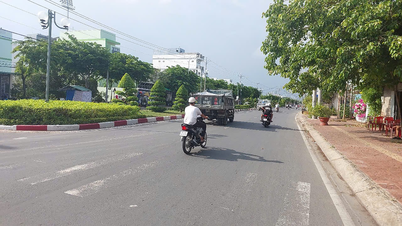

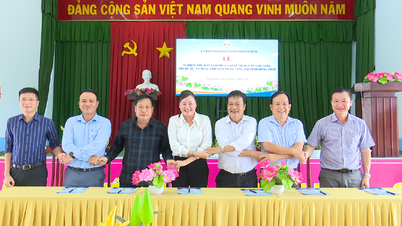






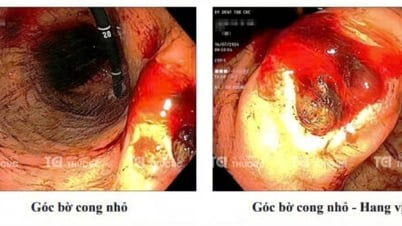

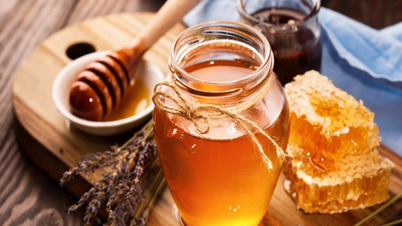

![[Photo] Russian military power on display at parade celebrating 80 years of victory over fascism](https://vphoto.vietnam.vn/thumb/1200x675/vietnam/resource/IMAGE/2025/5/9/ce054c3a71b74b1da3be310973aebcfd)















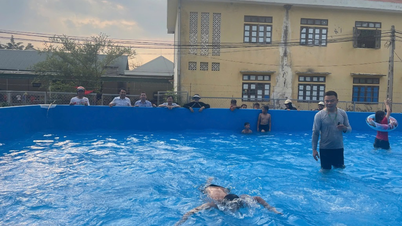





















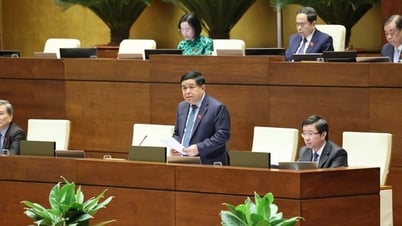

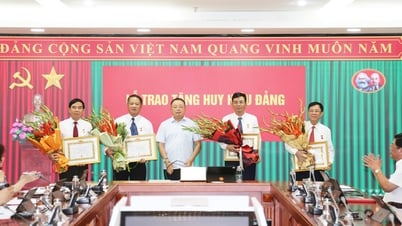

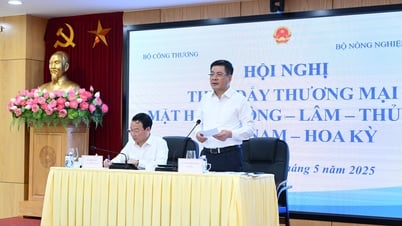


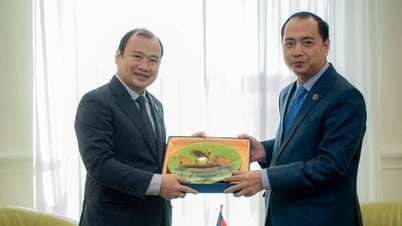
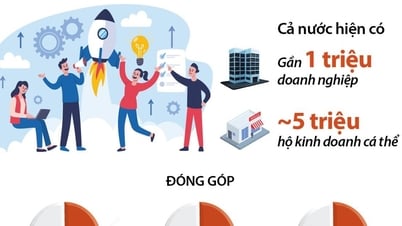

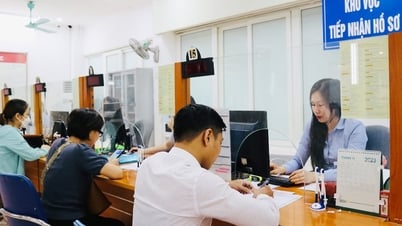

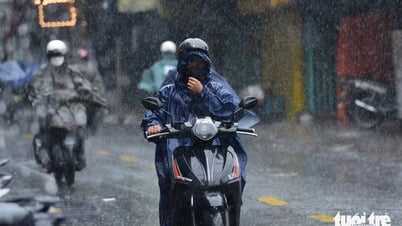

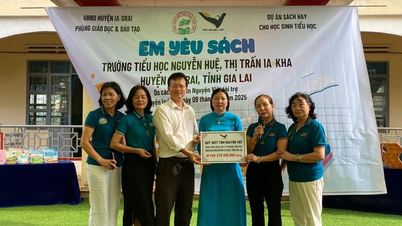

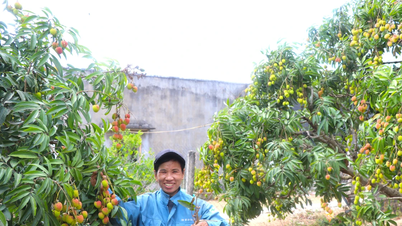












Comment (0)